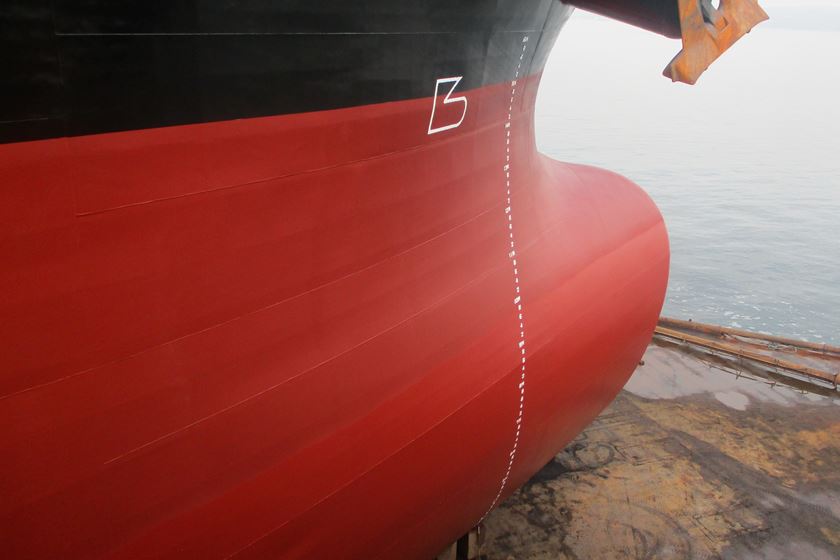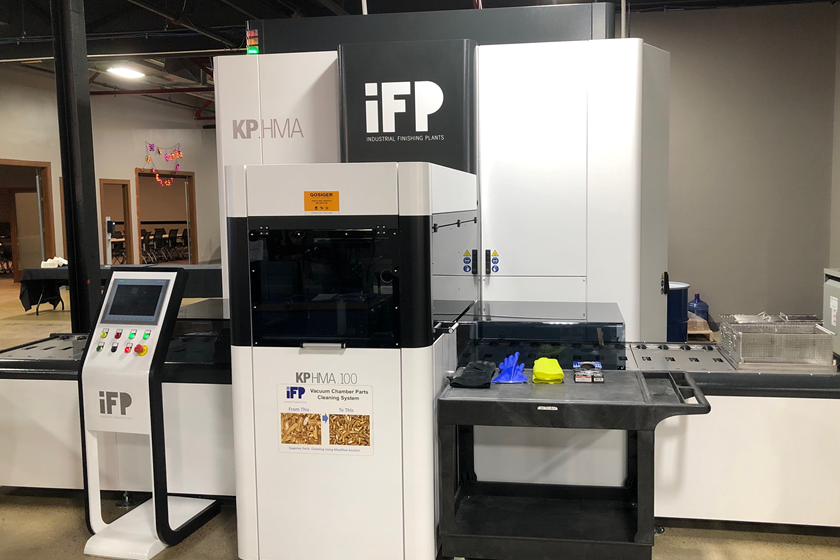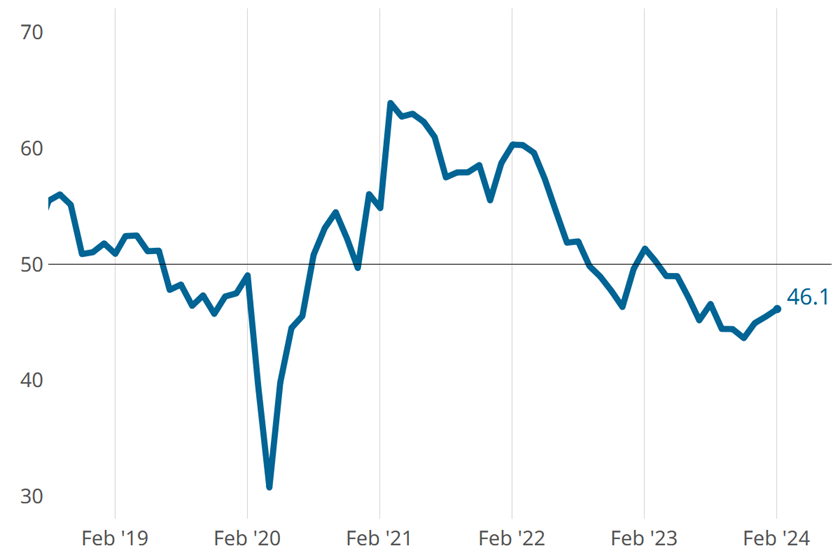Compare Coating Scrap Rates
Is there an industry standard for acceptable scrap/fallout when coating parts with powder over various manufactured metal parts (I’m specifically interested in zinc versus aluminum and steel) and how does it compare to liquid paint?
Q. Is there an industry standard for acceptable scrap/fallout when coating parts with powder over various manufactured metal parts (I’m specifically interested in zinc versus aluminum and steel) and how does it compare to liquid paint? If so, what are the percentages? I’m also interested in any guidelines or experiences you can share regarding powder coating over various plated surfaces. Can you recommend any books or publications on this subject? R.C.
Featured Content
A. Generally, powder has higher first pass yields than liquid. There is no standard. Every substrate and coating is somewhat different. The quality expectations also play a big role in scrap rates. For lines that have some tolerance of variance in film thickness, minor particulate and other minor blemishes, powder can achieve very high yields compared to liquid. A typical system will be around 98%+ for powder. Liquid coating is usually lower in first pass yield because of issues with drips, sags, mottling and other similar defects associated with the viscosity and application of the coating. A typical system may be around 95%+.
For lines that require much higher quality levels, the difference may not be as great. High gloss black will show dirt in powder or liquid and the fallout may be 4–10% for either coating. Still, powder is likely to be better due to the possible viscosity of liquid paint and the defects associated with the flow of liquid paint.
Powder over plating can be challenging. Plated surfaces are more difficult to treat in preparation for the coating. Zinc plating is usually successful, but it should be sampled before a lot of parts are coated. Chrome plating is more difficult and it is rare to apply an organic coating over chrome. I do not know of any publications on the subject, but you may be able to find papers on it if you search the web.
RELATED CONTENT
-
Touch-up Options for Powder Coated Parts
Is it true that powder coating cannot be touched up? Powder coating expert Rodger Talbert offers options for powder coating touch-ups.
-
Powder Coat MDF for an Enviable Finished Product
Cabinet maker says powder coating on wood offers more benefits.
-
Proper Testing of a Powder Coat Finish
Manufacturer shows how it performs extensive tests on powder coated medical carts.



















